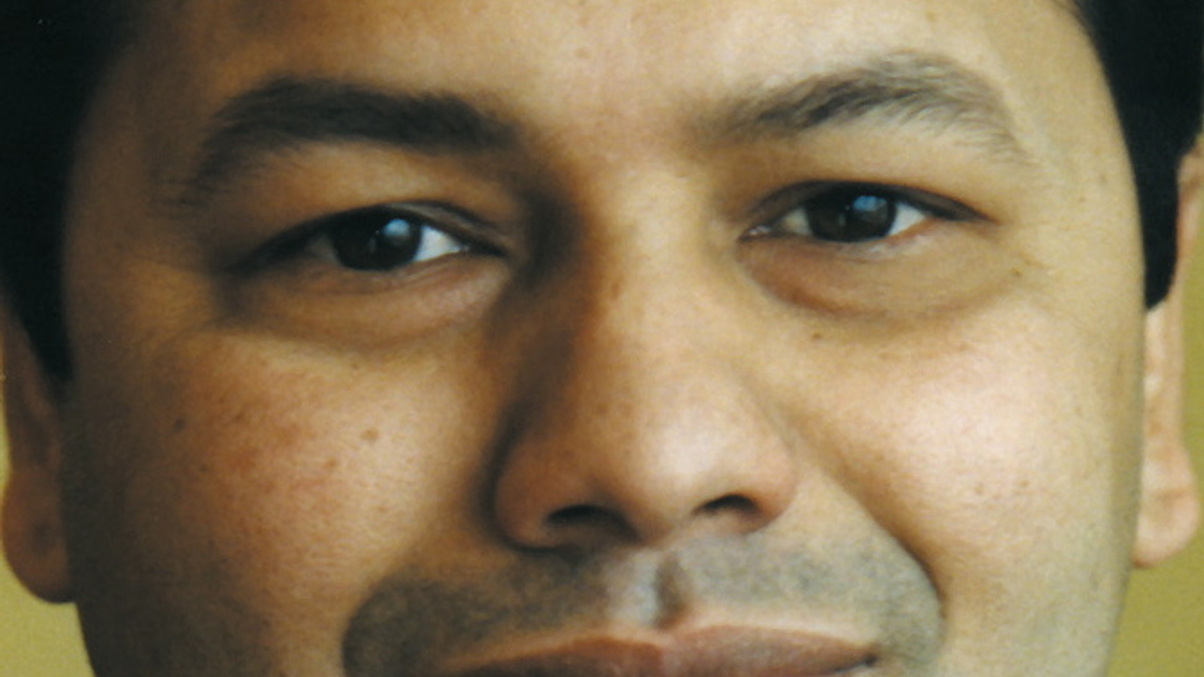ObamaCare may keep US in global top-10 economies
This is one bullet from the grapeshot spread by Credit Suisse demographic analyst Amlan Roy, who also argues that “Bric” is a meaningless concept and that Britain stands at the precipice.

Amlan Roy doesn't so much give an interview as fire a whiff of grapeshot, whose many projectiles hit a wide range of targets.
Sign in to read on!
Registered users get 2 free articles in 30 days.
Subscribers have full unlimited access to AsianInvestor
Not signed up? New users get 2 free articles per month, plus a 7-day unlimited free trial.
¬ Haymarket Media Limited. All rights reserved.


